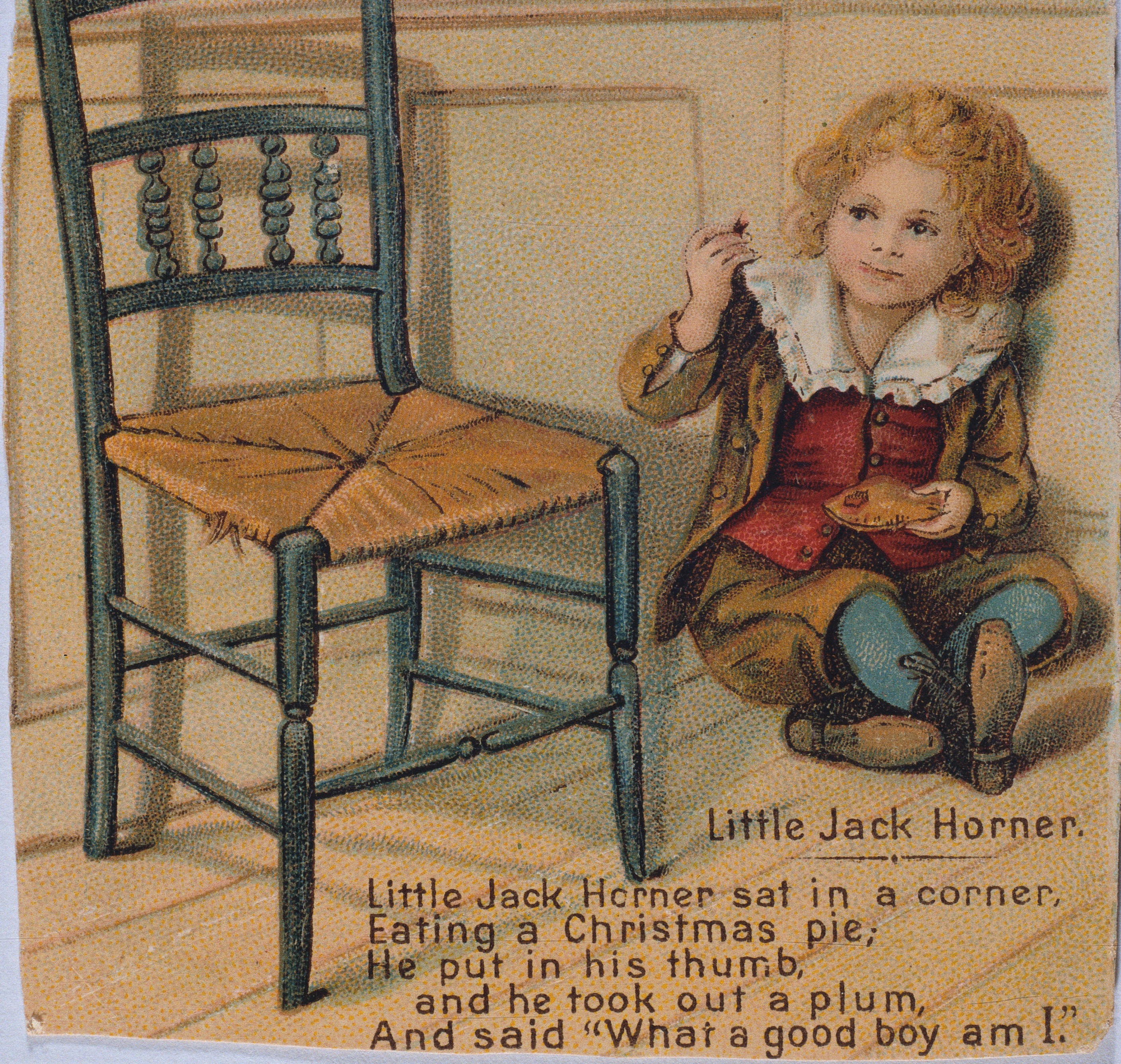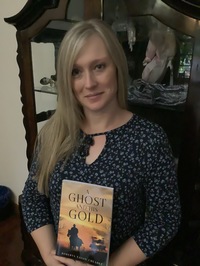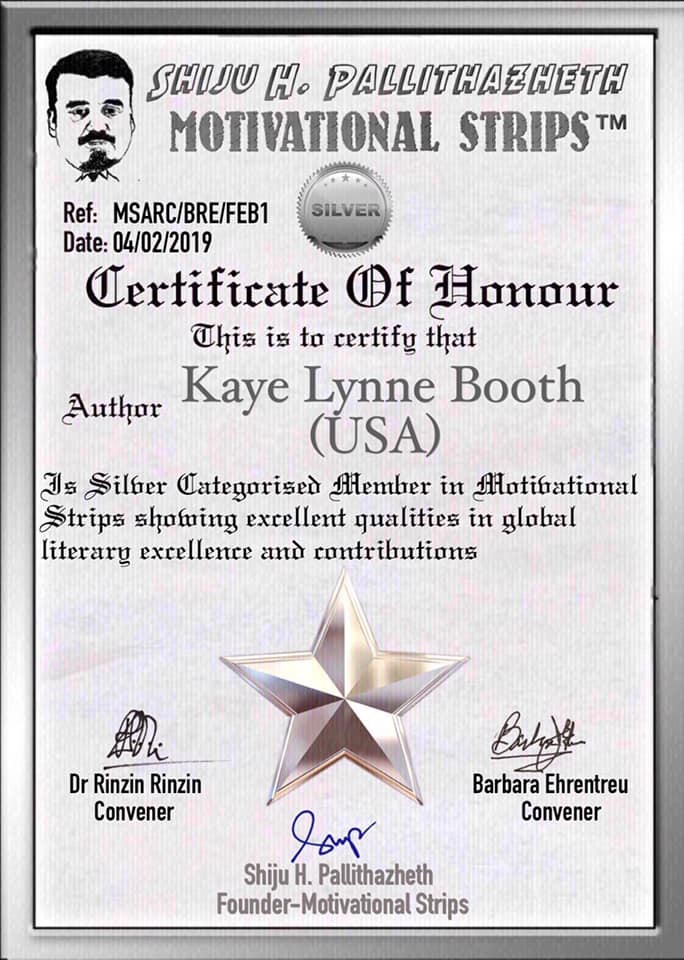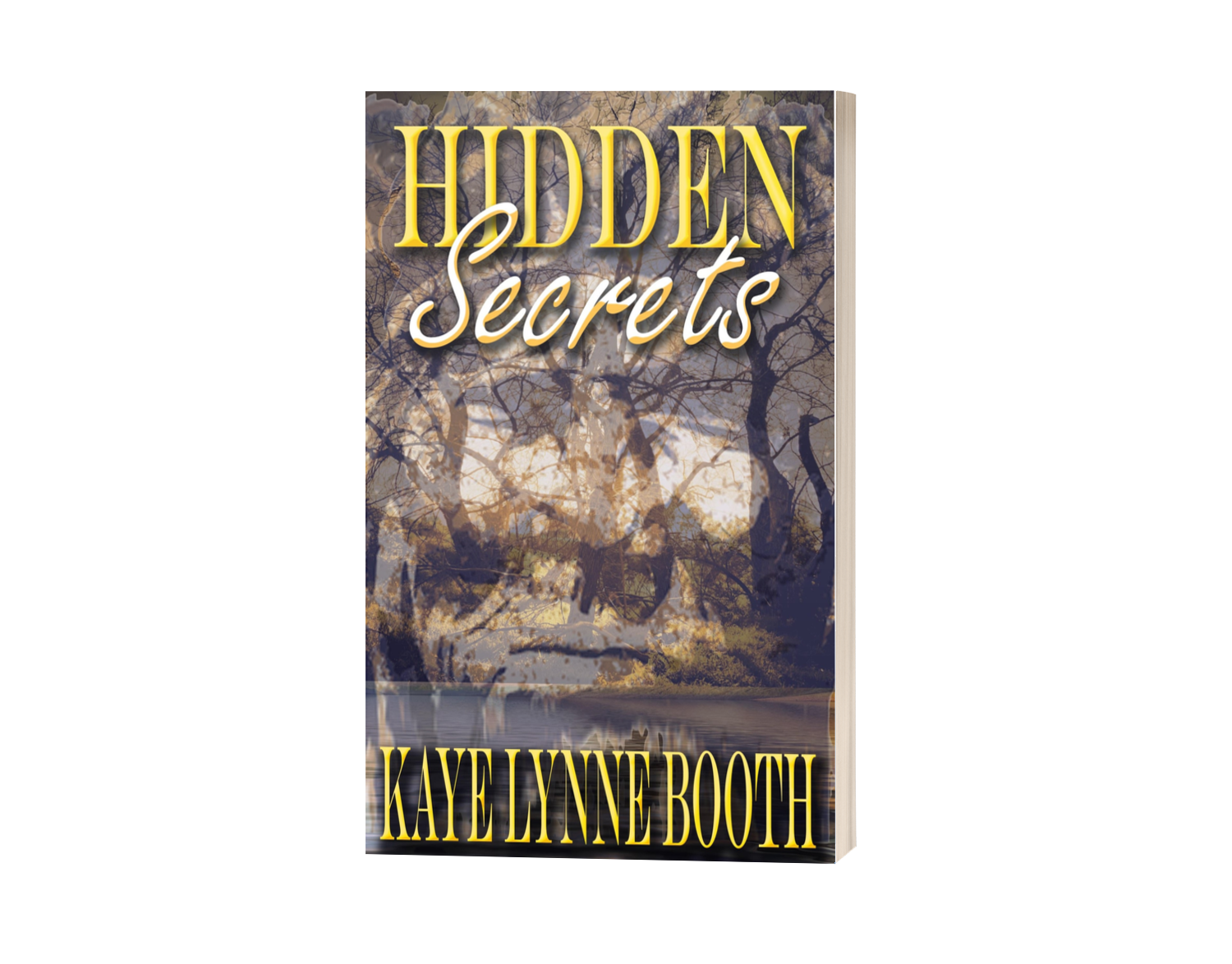Dark Origins – Little Jack Horner, a nursery rhyme
Posted: March 24, 2021 Filed under: Dark Origins, Nursery Rhymes | Tags: Dark Origins, Little Jack Horner, Nursery Rhymes, Roberta Eaton Cheadle, Writing to be Read 65 Comments
When I was a girl I loved nursery rhymes. I had a beautiful Mother Goose book which I used to read often. Over the years that book disintegrated from frequent use and it was eventually disposed of. When my oldest son was born, I replaced it with a few new nursery rhyme books, all of which are beautifully illustrated.

One of my favourite nursery rhymes is Little Jack Horner. The modern version goes like this:
Little Jack Horner.
Sat in the corner,
Eating a Christmas pie;
He put in his thumb,
And pulled out plum,
And said “What a good boy am I.”
The text of the original nursery rhyme is somewhat different and is believed to have originated in 1538 during the English Reformation. During the years 1536 to 1541, King Henry VIII set about an administrative and legal process whereby he disbanded monasteries, priories, convents, and friaries in England, Wales and Ireland. The incomes previously earned by the monasteries were expropriated by the crown and their assets were seized.
It is speculated that the Jack from this nursery rhyme is Thomas Horner who was a steward to the last abbot of Glastonbury, Richard Whiting. According to the story, Horner was sent to London with a Christmas pie for King Henry VIII. Inside the pie the deeds to twelve manor houses were hidden. These were intended to be a gift to the king and a last effort by Richard Whiting to prevent the nationalisation of church lands and the destruction of Glastonbury Abbey.
On the way to London, Horner discovered the deeds hidden in the pie and took for himself the deeds of the manor of Mells in Summerset. Shortly afterward, Horner moved into the manor and his descendants have lived in the manor house for generations. They dispute the claim that the deeds were stolen by Horner.
The origin of this nursery rhyme fascinates me so much I have incorporated it into my writing. In my supernatural novel, Through the Nethergate, it is mentioned by one of the main supporting characters, the Monk.
Extract from Through the Nethergate relating to Little Jack Horner
Here is an short extract from Through the Nethergate that details the original wording of this nursery rhyme and a peek into its history:
“Margaret continued to watch him. She wasn’t sure where this outpouring of information was going.
I’m talking to a ghost, she thought. Someone who says he was born in 1483. Bewilderment and fear fluttered in her stomach.
The monk seemed to pull himself together and continued to speak:
“In 1536, King Henry VIII set about the dissolution of the monasteries. Monasteries, priories, convents and friaries in England, Wales and Ireland were disbanded and their income and assets appropriated by the Crown.”
The monk’s eyes seemed to glisten in the dim light.
“In the run up to Christmas 1538, Richard Whiting sent a gift to the king in a last effort to prevent the nationalisation of church lands and the destruction of the abbey. The gift was a huge Christmas pie with the deeds to a dozen manor houses hidden inside it. The abbot chose two trusted men to deliver the gift; one was his steward, Thomas Horner, and the other was me.”
A smile suddenly lit up the monk’s face.
“Do you know the nursery rhyme, Little Jack Horner?”
Margaret nodded again. A little taken aback at this sudden change of direction to the conversation.
Now he sings of Jackey Horner,
Sitting in the Chimney-Corner,
Eating of a Christmas pye,
Putting in his thumb, Oh fie!
Putting in, Oh fie, his Thumb,
Pulling out, Oh strange! A Plum.
“That nursery rhyme was written about Thomas Horner. During the journey, he opened the pie and took out the deeds of the manor of Mells in Somerset, which he kept for himself.”
“What about you?” Margaret asked. “What happened to you?”
The monk looked at Margaret, his smile slowly fading.
“I was killed, of course. Stabbed through the heart by that treacherous and thieving Thomas Horner.”
The monk’s shoulders slumped dejectedly and his mouth turned downwards.”
The story of the Monk’s death is included as a short story in a murder mystery anthology, Death Among Us.

I was planning to visit the ruins of Glastonbury Abbey last year, but sadly Covid-19 put paid to that trip.
There are two interesting features of Glastonbury Abbey that make it very interesting to me:
- The graves of King Arthur and Queen Guinevere’s tomb are purported to be in Glastonbury; and
- The Abbot’s Kitchen is described as “one of the best preserved medieval kitchens in Europe”

About Roberta Eaton Cheadle

I am a South African writer specialising in historical, paranormal and horror novels and short stories. I am an avid reader in these genres and my writing has been influenced by famous authors including Bram Stoker, the Bronte sisters, Amor Towles, Stephen Crane, Enrich Maria Remarque, George Orwell, Stephen King, and Colleen McCullough.
I was educated at the University of South Africa where I achieved a Bachelor of Accounting Science in 1996 and a Honours Bachelor of Accounting Science in 1997. I was admitted as a member of The South African Institute of Chartered Accountants in 2000.
I have worked in corporate finance from 2001 until the present date and have written seven publications relating to investing in Africa. I have won several awards over my twenty year career in the category of Transactional Support Services.
I have been published a number of anthologies and have two published YA books, While the Bombs Fell and Through the Nethergate. I have recently published my first adult novel called A Ghost and His Gold which is partly set in South Africa during the Second Anglo Boer War.
Find Roberta Eaton Cheadle
Blog: https://wordpress.com/view/robertawrites235681907.wordpress.com
Twitter: https://twitter.com/RobertaEaton17
Facebook: https://www.facebook.com/robertawrites
Amazon: https://www.amazon.com/Roberta-Eaton-Cheadle/e/B08RSNJQZ5
_____________________________________________________________________________________________
Want to be sure not to miss any of Robbie’s “Dark Origins” segments? Subscribe to Writing to be Read for e-mail notifications whenever new content is posted or follow WtbR on WordPress. If you found it interesting or entertaining, please share.















A fascinating post, which makes me want to read more about the origin of other nursery rhymes. Kevin
LikeLiked by 3 people
Hi Kevin, I am glad you found this post interesting. I am fascinated by the history of fairy tales and nursery rhymes and am featuring my findings in this series. It was Sue Vincent who first encouraged me to write about my findings in this regard and I am delighted other people are also interested in this topic.
LikeLiked by 2 people
The Annotated Mother Goose is a good source for the history of nursery rhymes that ended up as the Mother Goose book.
LikeLiked by 3 people
I don’t have the annotated Mother Goose, I will look on Amazon.
LikeLiked by 1 person
I have heard tell that not all of our nursery rhymes are as innocent as they seem. A devious lot, our ancestors…
LikeLiked by 3 people
Hi ladies, our nursery rhymes are generally quite horrible and so are our fairytales. The Grimm’s Brothers certainly did justice to the dark times they lived in and many of their original tales are quite horrifying. Thanks for visiting.
LikeLiked by 3 people
I had no idea this nursery rhyme was that old – and I sure didn’t know about the deeds in the pie. That’s fascinating.
LikeLiked by 3 people
Hi Teri, I was also very surprised by the origins of this nursery rhyme which I came across when I was doing research for Through the Nethergate. It inspired me so much I wrote a story about it and even built it into my book.
LikeLiked by 3 people
Hi Robbie. This one surprised me because it is seemingly harmless at face value. Its origins are surprising. I would have never guessed.
LikeLiked by 2 people
I didn’t know about this either, Kaye. I had researched the origins of certain nursery rhymes before I wrote Through the Nethergate, but this is the one that really triggered my interest in the dark origins of these seemingly innocent little rhymes.
LikeLiked by 1 person
So, now my question is, why would anyone put deeds in a pie?
LikeLiked by 2 people
I’ve been trying to figure that one out myself. How is the paper and ink supposed to survive the cherry juice or venison gravy or whatever the pie is made of?
LikeLiked by 2 people
Exactly my point. I get bribing the King with the deeds, but in a pie? Lol. Glad I’m not the only one, Liz. 🙂
LikeLiked by 2 people
😀
LikeLiked by 2 people
I think the pie that is referred to here is actually a large Christmas cake which makes it more feasible. Desperate times I suppose. There is a lot of support for this theory on-line.
LikeLiked by 2 people
I was wondering if the term “pie” referred to a different foodstuff at the time of the Horner incident than pie now.
LikeLiked by 2 people
I think the creators of nursery rhymes also take some poetic license from what I read.
LikeLiked by 1 person
Still. Wouldn’t the deeds have burned upon baking?
LikeLike
This is not a pie with gravy and meat. It is actually a Christmas cake so it is feasible. At this time King Henry VIII was know to be a glutton and I would expect that Richard Whiting was hoping to appeal to his desire for good and exotic food and his greed for land. This is a link if you are interested in the Christmas foods that Henry favoured: https://www.bbc.co.uk/food/articles/tudor_christmas
LikeLiked by 1 person
Reblogged this on and commented:
I am over at Writing to be Read with a another Dark Origins post about the nursery rhyme Little Jack Horner. It seems such an innocent little rhyme … but its not. Thank you Kaye Lynne Booth for hosting me.
LikeLiked by 1 person
That’s truly fascinating. I had no idea what the origins of that rhyme were. I have a book of nursery rhymes, and now I want to research the history. (I’ve done that with some fairy tales, but this opens up Pandora’s box for me!)
LikeLiked by 2 people
I am delighted to hear that, Staci. I am also fascinated by the origins of nursery rhymes, and fairy tales too.
LikeLiked by 2 people
It’s amazing how dark these Nursery Rhymes are Robbie, great post 💜
LikeLiked by 2 people
Thank you, Willow. Indeed, a great way to record history and the horrors of the time.
LikeLiked by 1 person
Yes indeed and very much in line with the scary contents of fairy and folklore tales.
LikeLiked by 2 people
Great post! I used to have a copy of “The Annotated Mother Goose” which provided historical backgrounds to most nursery rhymes. “Mary, Mary, Quite Contrary” is another good one.
Nursery rhymes and many folk songs were common folks’ way of speaking truth to power. Lacking the Internet, I guess that was as good a way as any, though they did have “underground” leaflet printers who occasionally survived, but usually didn’t. With or without electronic communication, we have somehow managed to get our messages “out there.”
LikeLiked by 2 people
You have hit the nail on the head Marilyn. Someone said that nursery rhymes were medieval tweets and that idea has stayed with me. A good way of recording history too. I’m glad you enjoyed this post, I covered Mary, Mary Quite Contrary in my first post in January. Also very interesting.
LikeLiked by 1 person
I love the fascinating tidbits of history that you share, Robbie. And how clever to weave this one into The Nethergate! Great post. Thank you for hosting, Kaye Lynn!
LikeLiked by 2 people
Thank you for visiting here and commenting, Jan. Robbie does seem to come up with some very interesting tidbits.
LikeLiked by 1 person
Haha, Kaye, I’m a bit of a Jack of all trades [terrible pun!]
LikeLiked by 2 people
I like it!
LikeLike
Hi Jan, this nursery rhyme and its dark origin popped up when I was doing research about Glastonbury Abbey for Through the Nethergate and that’s how it ended up woven into my story. It intrigued me so much, I then wrote the Monk’s story which ended up in Death Among Us. Thanks for visiting.
LikeLiked by 1 person
What an interesting post! I think it’s cool that Robbie incorporated the Jack Horner nursery rhyme origin into Through the Nethergate.
LikeLiked by 2 people
Hi Priscilla, it just happened to work in this story so I wove it in. I am completely fascinated by dark origins and history.
LikeLiked by 1 person
All so fascinating. I’m not surprised the Horner family disputes the theft. And apparently the bribes didn’t help anyway. And so cool that you added the story to the book, Robbie. Great post and thanks to Kaye Lynne for hosting.
LikeLiked by 2 people
Thanks for visiting here and commenting Diana. 🙂
LikeLiked by 2 people
I’m glad you enjoyed this post, Diana. Next month I am coming to your side of the world with some insights into The Legend of Sleepy Hollow. Do you know this tale? It is called a classic American ghost tale.
LikeLiked by 2 people
Oh yes, we all had to read it in school. But I’m not sure I know all the history behind it. I look forward tot he post!
LikeLiked by 2 people
I had read it many times too, but there is always more to stories than meets the eye.
LikeLiked by 2 people
O love reading about the origins of nursery rhymes. Most of them are not very innocent. I love that you incorporated this in your book.
LikeLiked by 2 people
Thank you, Darlene. My mother thinks I have a very odd mind to spend so much time reading and researching dark history. Oh well!
LikeLiked by 2 people
Interesting – at least no-one’s head was chopped off!
LikeLiked by 2 people
Well, Richard Whiting (the last Abott of Glastonbury) was hanged, drawn and quartered so this had a very tragic ending.
LikeLiked by 1 person
I thank you Robbie for that, I didn’t know that about this rhyme… I knew about ring a ring a roses a pocket full of posies… one… So interesting where they originated from..
Many thanks… ❤
LikeLiked by 2 people
My pleasure, Sue. Most of the fairy tales and nursery rhymes are based on a true event, mostly dark. Someone said that nursery rhymes are medieval tweets and that stayed with me. A way of recording history.
LikeLiked by 2 people
Yes…. Dark past, and sadly still so many dark corners lurking….. Maybe one day History will record this time in history.. I wonder what that dark rhyme would be?
LikeLiked by 2 people
I have written a few, Sue, that I hope to include in my new poetry book, Behind Closed Doors. Twisted nursery rhymes and limericks about this interesting time we are living through.
LikeLiked by 2 people
Wonderful Robbie ❤ I have seen many humorous ones as well as many dark ones….. ❤
LikeLiked by 1 person
I can only imagine a Covid Nursery Rhyme. And when you add the sing-song caddence of nursery rhymes it would probably sound like so much fun. Just as these other dark rhymes do. Lol. 🙂
LikeLiked by 1 person
I’ve read a few articles related to the background of this nursery rhyme and it’s always fascinated me. I love how so many of these old rhymes and tales had much deeper and darker meanings. Excellent post, Robbie, and kudos to you for including reference in Through the Nethergate!
LikeLiked by 3 people
Hi Mae, it is an interesting background because of the reformation angle and the death of poor Richard Whiting. Quite horrible and cruel. I was a bit opportunistic with the link to Through the Nethergate, but it is rare such an opportunity presents itself. Have a lovely weekend, Mae.
LikeLiked by 2 people
Wishing you a wonderful weekend as well, Robbie!
LikeLiked by 2 people
Fascinating, Robbie… Thanks for sharing your research findings. Still, Mother Goose Nursery Rhymes was one of my favorites and I had a huge volume that my daughters and I read together every night when they were young. The playfulness and rhymes made reading so much fun…
LikeLiked by 2 people
Yes, I also read nursery rhymes to my sons, Bette. I didn’t know about their origins back then and it wouldn’t have mattered if I did.
LikeLiked by 2 people
I’m with you, Robbie! Nursery rhymes rock…
LikeLiked by 2 people
that was fun to read the background of Jack Horner. I wonder how much of it is true…
LikeLiked by 2 people
I don’t know, Jim, but the research looks at dates and time of publication of the nursery rhymes as well as events that took place and local legends. It’s very interesting.
LikeLiked by 2 people
and I guess the plum that he pulled out could be those deeds…
LikeLiked by 2 people
Yes, exactly, Jim. The British are very good at obscurity.
LikeLiked by 2 people
I’m sure that comes in handy at times…
LikeLiked by 2 people
Fascinating and I don’t just mean the origins of fairy tales. I had no idea you had published books on–Investing in South Africa. Are there no ends to your talents?
LikeLiked by 2 people
Hi Danny, I am a person who gets very caught up in research. At this point in my life, I was fascinated by economics and how the fourth industrial revolution would impact Africa; how African countries measured against other developing countries in this regard. It was a good time. I got to do a number of interviews on television and wrote lots of articles for magazines and newspapers.
LikeLiked by 2 people
It reminds me of the telephone game, where someone says something to one person and by the time that something is whispered to more, it has changed.
LikeLiked by 2 people
Yes, that is a good point, Annette. These dark origins are all hypothesis, no-one knows for sure.
LikeLiked by 2 people
Loved! So fascinating!
LikeLiked by 1 person